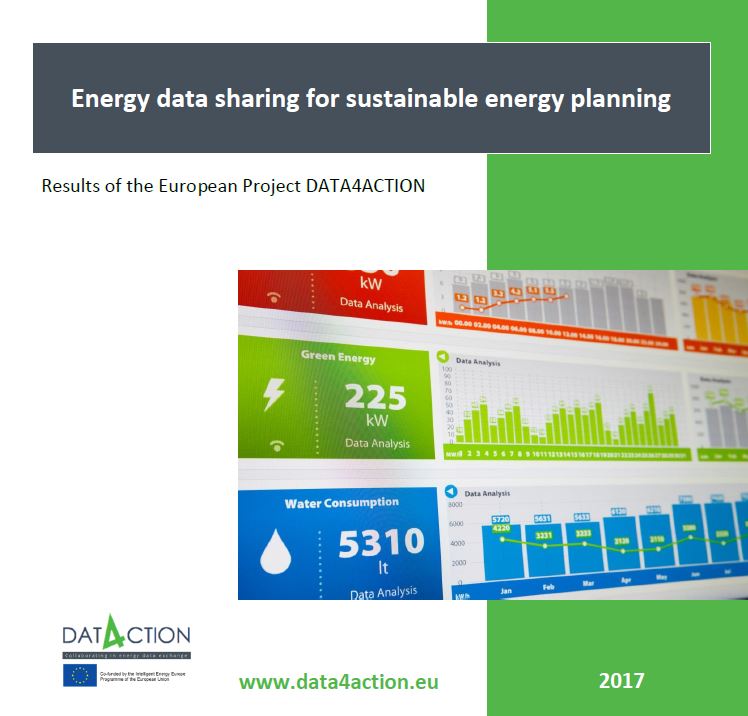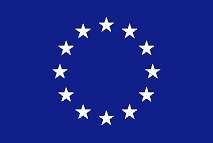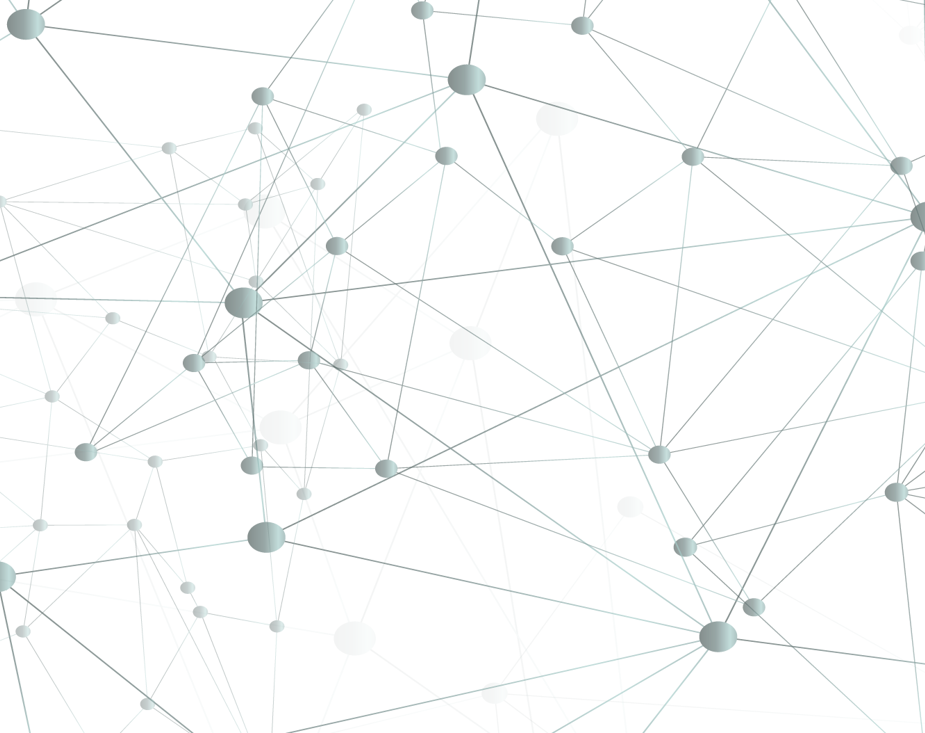About Data4Action
Energy data access can be challenging for many actors, due to data ownership, commercial sensitivity, the lack of accuracy or resource. Data 4 Action – a 36 month project funded by the IEE programme – by identifying transferable models of collaboration, explores ways to improve the access of public authorities to energy data for a better implementation and a better monitoring of SEAPs. The project puts an emphasis on 4 activities.
- It improves conditions for data exchange,
- it mobilizes key actors and facilitates their cooperation through the creation of new observatories
- it also involves local authorities in their implementation and monitoring of their SEAPs
- The consortium also works with 12 regional partners which are not part of the consortium, hence benefiting from the experience of the project partners in setting up observatories.
The general purpose of Data 4 Action is the establishment of long-term data exchange models in sustainable energy planning, through a cooperation between public authorities and energy data providers. Data 4 Action will put an emphasis on the cooperation by identifying win-win framework conditions, setting up of dedicated structures to facilitate the cooperation and promoting the Covenant of Mayors initiative, EU Climate Action and Energy Package, and other relevant EU energy planning policies and strategies.
The key results of this project will be regional roundtables open to a wide range of actors, the creation of a guidebook designed on SEAP data access and based on the experience of partners, the expansion and the promotion of the Energee-Watch network. Long term collaboration models will be implemented through bilateral data exchange cooperation agreements and with the development of twelve “one-stop shop” regional data centers or observatories, representing more than five thousand municipalities.
The observatories will provide assistance to public authorities to set up further collaboration agreements with energy data providers, as well as supporting them with the collection, processing and communication of SEAP data. The implementation of these supporting structures will be informed by peer learning activities among partners. It will be supported by the signing of 48 data exchange agreements.
Besides, more than 60 public authorities will benefit from the collaboration models along with 120 technical staff personnel who will be participating into thematic workshops.
Key publications
- Key outcomes of the DATA4ACTION project
- Policy Recommendations on improving Energy Data Sharing for Effective Energy Planning at Sub-National Levels
- Data Access Guidebook for Sustainable Energy Action Plans
- Key issues on data sharing for sustainable energy in the territories
Data4Action Publishable Report

With the great number of energy policies and action plans implemented all over Europe (regional, local Sustainable Energy Action Plans – SEAPs…) and the increasing need of accurate energy data for sustainable energy planning and monitoring, the problem of overall energy data sharing at sub-national levels arose and was the main focus of the DATA4ACTION project.
The general purpose of DATA4ACTION was the establishment of long-term data exchange models in sustainable energy planning, through a cooperation between public authorities and energy data providers. Long-term collaboration models were implemented through bilateral data exchange cooperation agreements and with the development of twelve regional observatories, representing more than six thousand municipalities.
Policy Recommendations on improving Energy Data Sharing for Effective Energy Planning at Sub-National Levels

The document summarizes policy recommendations for EU and National Policy Makers on Improving the Access and Collection of Energy Data for sustainable energy planning by sub-national public authorities.
The recommendations are based on the outcomes of roundtable discussions held at EU and regional levels within the framework of the IEE-DATA4ACTION Project. They were derived by identifying gaps in existing legislation and defining key elements that could be introduced in future or revised legislation in order to facilitate the exchange of energy data.
The effective transposition of EU directives is key for improving data access for sustainable energy planning. Additional measures are listed below that can be implemented by Member States directly in national legislations, in order to facilitate access to energy data for sustainable energy planning.
The Data Access Guidebook for Sustainable Energy Action Plans has been released!

Energy data is crucial for identifying trends in the economic priority sectors to target energy policies and to ensure energy efficiency improvements and increased renewable energy deployment. These measures can then be built in to sustainable energy policies and plans, and their national and local implementation progress can be monitored periodically. The Data Access Guidebook for Sustainable Energy Action Plans has been developed for:
- Public Authorities that are seeking better access to local, accurate energy data within their territory for use in sustainable energy planning;
- Energy Planning Facilitators wishing to support the development of advanced collaboration models between public authorities and data providers such as a Regional Data Centre or Energy Observatory;
- and Energy Data Providers willing to play a positive role in the development and implementation of Regional and Local Energy Policies
Key issues on data sharing for sustainable energy in the territories

Regional roundtables have been the starting point for reviewing public authorities’ data needs and constraints for sharing these data. Partners have examined their regional frameworks analyzing the availability of local and accurate energy data for SEAPs, identifying the key stakeholders that may provide or facilitate access to data and the driving forces for engaging data providers or issues that may be perceived as critical by the stakeholders, such as quality of data, commercial sensitivity or privacy.
Partners have reported their findings in the detailed reports “Key issues about data sharing for sustainable energy” that are available for local stakeholders. These reports aim to establish the basis for the work that the partners will carry out in the project, providing the information that will be used to help energy facilitators to understand the data needs in their countries and municipalities to be aware of data needs and identify data sources in the subsequent project work.
Summaries of the regional reports have been prepared in order to help better understanding the general European picture in this subject and identifying common issues that will be useful for regional authorities, energy agencies or other stakeholders that support local authorities in their efforts to plan action in sustainable energy and greenhouse gas emission reduction.